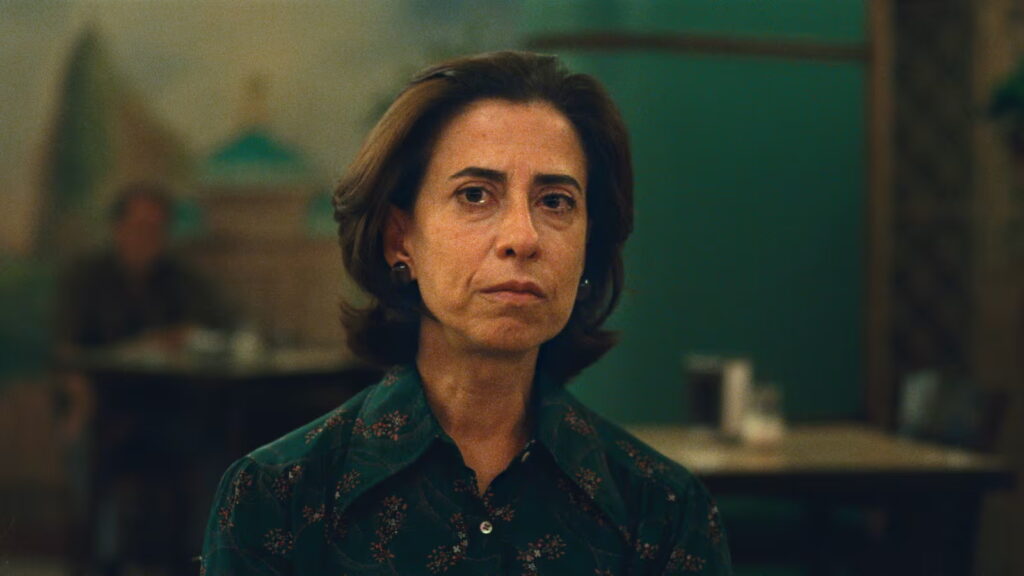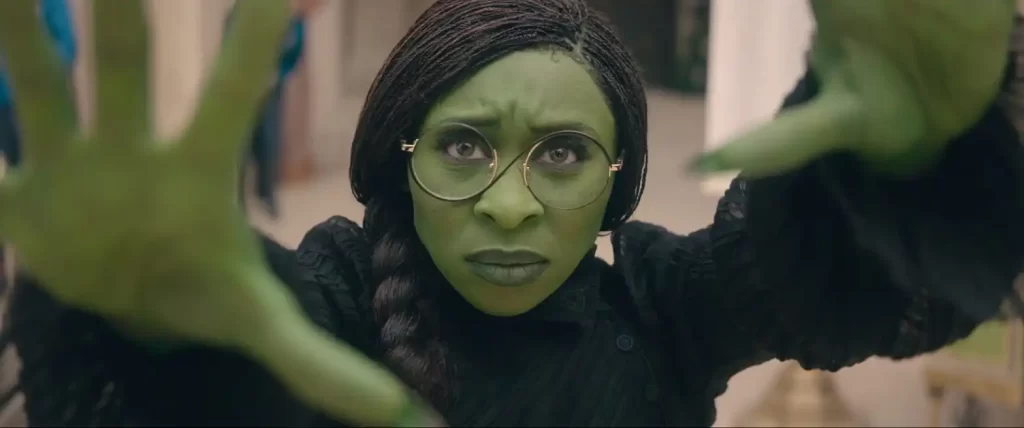In many ways, the Academy of Motion Picture Arts and Sciences, the voting body for the Oscars, has emblazoned on its crest, “separate the art from the artist.” Over its long history, the Oscars have bestowed awards on many people who have said and done despicable things. These people have made great art, for sure, but they are also weak and fallible beings. Most of the time, it’s men, but this year’s crop of Best Actress nominees has come under much deeper scrutiny.

It happens to be a more contentious race than in many years past. At one time, there were at least 12 strong, potential candidates vying for a chance at one of the five Best Actress nominations. It was an embarrassment of rich, nuanced performances. Even with the field narrowed down to a final five, it’s hard to know who might be called onto the stage when the envelope for Best Actress is opened. That’s one reason why the muckraking has been so elevated this year.
Award shows, much like politics, are as much about personalities as they are about the nominee’s bona fides. Unlike politics, or at least unlike politics pre-2016, a nominee for an Oscar can have their past dug through and their dirty laundry exposed and still win an award. Convicted child rapist Roman Polanski won Best Director The Pianist in 2003, 26 years after he fled the United States before his sentence could be handed down. The Academy sticks to its guns.
Even going so far as to rescind a nomination is not something that happens often. When a nomination is revoked, it’s usually due to a rule violation—something simple like, there was outright campaigning or lobbying, or a script was submitted for Original Screenplay when it’s actually an Adapted Screenplay.

The only time an actor, director, or writer was directly stripped of their recognition was at the very first ceremony in 1929. Charlie Chaplin was removed from the ballot for Best Actor, Director (Comedy Picture), and Writing (Original Story) for his film The Circus. He was given an honorary award that year instead. It has been rumored that Chaplin was given this award because he was favored to sweep his categories but was deeply unpopular with his peers at the time.
It’s very unlikely, even in this era of change and calling out bad behavior, that actress Karla Sofía Gascón will be removed from the Oscar ballot after her racist tweets resurfaced recently. Fernanda Torres will not be removed from the ballot because of images of her performing in blackface that recently resurfaced. Mikey Madison will not be removed from the ballot because she chose to work without an intimacy coordinator for the many explicit scenes in Anora. Demi Moore and Cynthia Erivo will not be removed from the ballot for anything they have said or done in the past.

As a voting body, the Academy likes who they like. Even with initiatives and membership shake- ups, the core voting body still exudes a great amount of power, and their tastes don’t always align with the majority of cinephiles outside their ranks. They aren’t sequestered from the outside world while the final voting takes place. They know what’s happening in the world. They just choose to ignore the noise. Like many of us in political elections, they know who they’re voting for, and any new information is moot.
Controversy is what the Oscars thrive on. It’s how they stay relevant. Controversy is how they engage the people who don’t watch movies and who want to have an opinion. They need the negativity to drive their SEO, ad revenue, and to get those all-important hate watchers. At the end of the day, as much as the Oscars tout a love of movies, it’s the eyeballs on their televised ceremony that really matters. No matter who wins, the opinions and replays will keep the Oscars on that all-important news cycle in time for the next crop of potential nominees to take shape.






